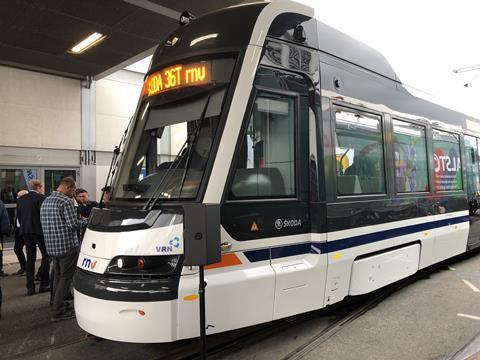
INNOTRANS: Škoda has unveiled the prototype for the fleet of custom-designed ForCity Smart 36T trams ordered by Rhein-Neckar transport authority RNV for the metre-gauge network serving the three cities of Mannheim, Ludwigshafen and Heidelberg.
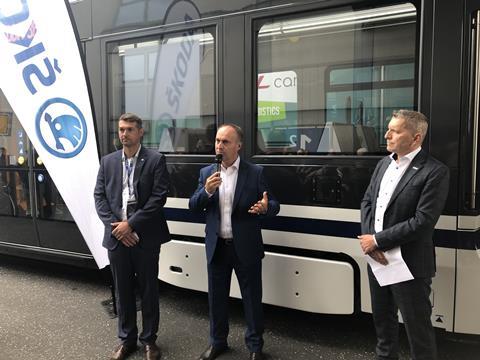
The manufacturer said RNV required a high-specification vehicle complying with both tramway and railway regulations, an unusual requirement for a metre gauge network, along with a 36-year design life.
Modular design
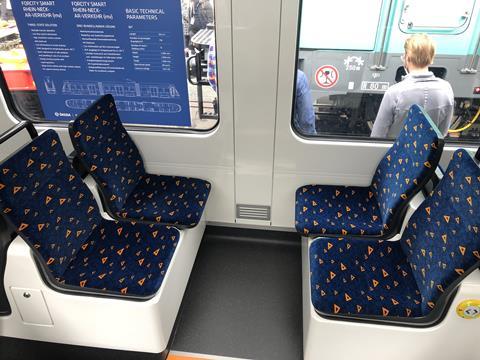
In June 2018 RNV awarded Škoda a €250m firm contract to supply 80 trams, with options for 34 more.
These will come in three lengths: 31 will be 30 m long three-section trams, 37 will be four-section trams 40 m long, and 12 will be six-section trams 60 m long.
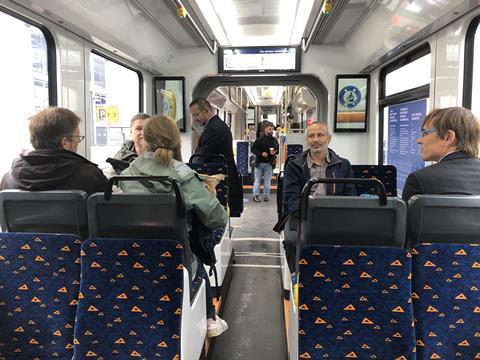
The bidirectional low-floor vehicles will have a maximum speed of 80 km/h.
The design is derived from trams supplied to Helsinki by Škoda subsidiary Transtech, with bogies designed for low wear and noise on sharp metre-gauge curves, but the RNV trams are extensively customised and it is very much not an off-the-shelf product.
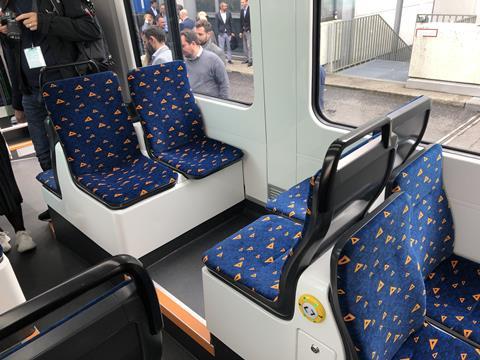
The design is modular, so that the longer trams could be converted into two shorter trams by the addition of cabs. The longer trams can also be split to enable them to fit in the existing depot facilities, with a driving position in the middle enabling depot moves to be controlled from the open end of a split tram.
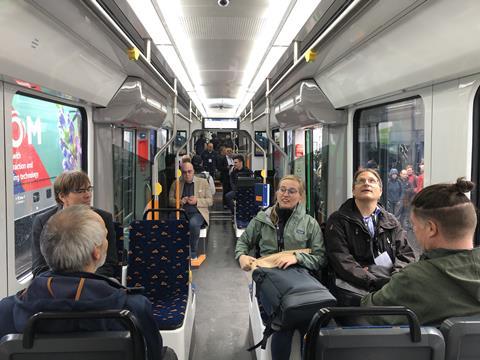
There are real-time data links to support predictive maintenance, and the roofs have walkways to simplify access. The side panels and windows are designed to be easy to replace in the event of collision damage.
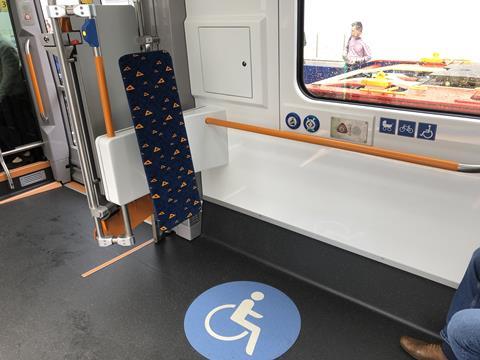
Braking energy is stored in supercapacitors, reducing the need for mechanical braking and thus cutting maintenance costs. The trams are also capable of a few hundred metres of off-wire movement within depots using battery power.
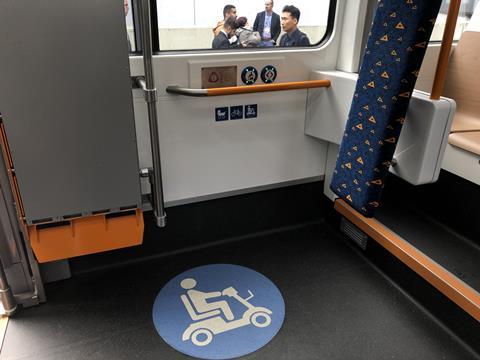
The project is running behind schedule, but the first tram is expected to be delivered this year, and RNV is keen for some to be in service ready for when Mannheim hosts a garden festival in April 2023.



